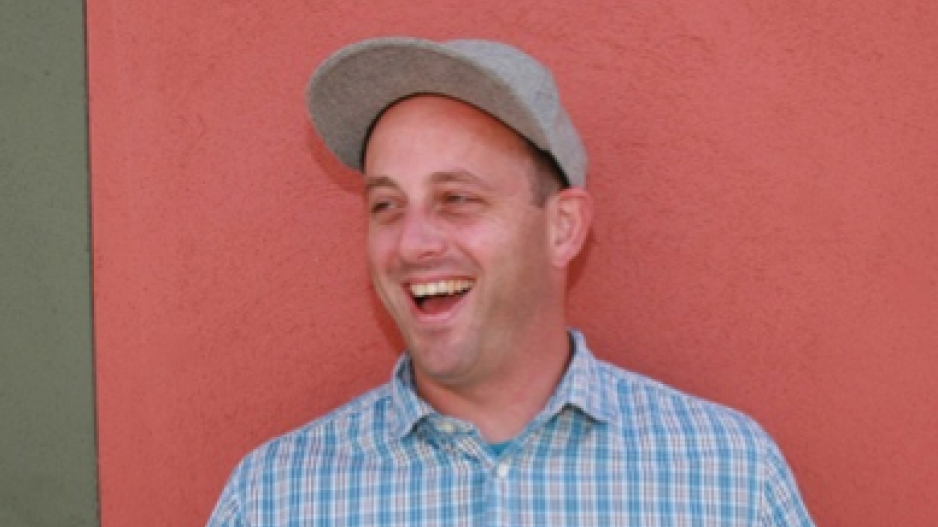Business in Vancouver’s “How I Did It” feature asks business leaders to explain in their own words how they achieved a business goal in the face of significant entrepreneurial challenges. In this week’s issue, Andrew Shepherd, a former chef, explains how, on a dare, he decided to make salt by boiling sea water, and went on to found Vancouver Island Salt Co., which last month won a $100,000 national prize for small businesses sponsored by Telus (TSX:T) and the Globe and Mail.
“I’m a chef by trade. But I had actually stopped cooking in restaurants and was developing retail products for a small company. I was shooting my mouth off about how someone should do salt [from sea water] and my friend told me, ‘If it could be done, it would have been done.’ So I bet him a case of beer that if we stayed up all night boiling water at the beach we’d have enough salt to do something.
“He took me up on the bet and the two of us went out and we boiled water all night, and we had four or five pounds in the morning. The next day I gave it to some other chefs and four months later I was self-employed.
“The Island Chefs Collaborative used to hold an event called Defending Our Backyard. They invited me and gave me a free table because they had caught wind of what I was up to. My next event after that was Eat Here Now in Victoria, and I left there with a couple of thousand dollars in my pocket and my first distributor. I wish I could tell you that I had a plan. But what I had was a product that everybody was freaking out about and no idea how I was going to continue to do it.
“My partner Scott from West Van called me up all excited one day. He’s like, ‘This is perfect for us – we should enter this Telus Challenge.’ He said, ‘I’ll write the essays.’ So he did it, and I had to make a few tweaks, and I sent it off and forgot about it. We got a call in June: ‘Congratulations, you’re a finalist and you need to get your butt to Toronto in 10 days and you have to have a presentation ready.’
“We put together our Dragons’ Den-style presentation. A big part of the challenge is saying what would you do with $100,000. So we were like, ‘Well, what we want to do is take our products globally, so we need to invest in marketing and we need more manpower.’
“To be honest, we did it, we congratulated ourselves on being finalists, and said that that was probably as far as we were going to go. I was like, ‘This is great – I can’t believe we made it so far.’ But something we did connected with people because we won. I think a lot of it had to do with that our product is ready. We have a finished product.”




